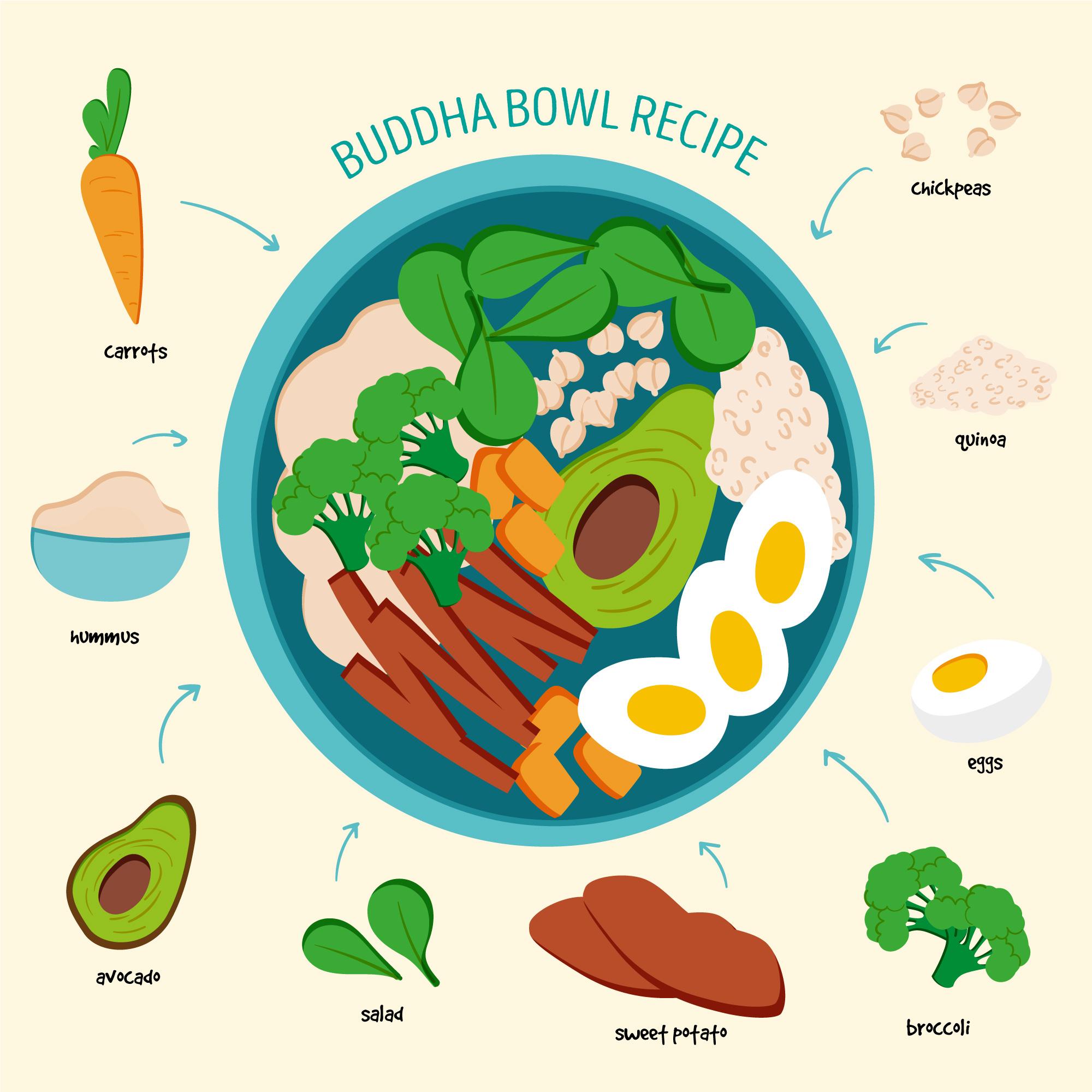
Exploring the Connection: Can a Plant-Based Diet Safeguard Against Prostate Cancer?
Unraveling the Nexus: Plant-Based Diets and Prostate Cancer Risk
In the landscape of male health, prostate cancer reigns as a prevalent adversary, second only to skin cancer. While its nature is often gradual, certain factors can amplify its likelihood. Age, family history, and race all play a role in shaping one’s prostate cancer risk.
Decoding Plant-Based Diets: The Green Path to Wellness
Delving into Nourishment: Unveiling the Essence of Plant-Based Diets
At its core, a plant-based diet emanates from nature’s bounty, where the majority of nourishment originates from plant sources—embracing fruits, vegetables, whole grains, and legumes. This culinary approach can don two guises: vegan, abstaining from animal products, or vegetarian, encompassing dairy and eggs.
Unveiling the Link Between Plant-Based Diets and Prostate Cancer Risk
Unmasking the Enigma: Interpreting Plant-Based Diets’ Impact on Prostate Cancer Risk
A glimpse into research suggests a potential synergy between plant-based diets and diminished prostate cancer risk. An analysis in the journal Cancer unveiled a noteworthy revelation: men who championed plant-centric eating displayed a lower propensity for prostate cancer than counterparts less inclined toward plant-based fare. Another exploration, published in Prostate Cancer and Prostatic Diseases, found that those adhering to a vegan diet exhibited a reduced prostate cancer risk compared to individuals adhering to the standard Western diet.
Illuminating Mechanisms: How Plant-Based Diets Could Mitigate Prostate Cancer Risk
Pioneering Insights: Mechanisms Underpinning Plant-Based Diets’ Shield Against Prostate Cancer Risk
The potential avenues by which plant-based diets may curtail prostate cancer risk include:
- Antioxidant Richness: Laden with antioxidants, plant foods wield protective prowess against cell damage.
- Saturated Fat Moderation: Plant foods inherently exhibit low saturated fat content, circumventing a known factor linked to heightened prostate cancer risk.
- Inflammation Control: The fiber-rich nature of plant foods may counter inflammation, a key player in cancer development.
- Phytonutrient Influence: Phytonutrients within plant foods showcase anti-cancer properties, further fortifying the defense.
Navigating the Research’s Horizon: Recognizing Limitations
Unraveling the Tapestry: Navigating the Nuances of Plant-Based Diets’ Role in Prostate Cancer Risk
It’s vital to acknowledge that the research into plant-based diets and prostate cancer risk remains in its nascent stages. Largely observational, the studies don’t wield the power to establish definitive cause-and-effect relationships. Thus, a continued exploration is imperative to validate and comprehend the intricacies of this connection.
Guiding the Path: Prostate Cancer Risk Mitigation Strategies
Charting Well-Being: Embracing Strategies to Mitigate Prostate Cancer Risk
For those who harbor concerns about prostate cancer risk, proactivity takes center stage:
- Maintain a Healthy Weight: Sustaining a balanced weight emerges as a cornerstone of risk reduction.
- Cultivate a Wholesome Diet: Prioritizing fruits, vegetables, and whole grains is pivotal.
- Engage in Regular Exercise: Physical activity bestows an array of health benefits, including potential prostate cancer risk reduction.
- Moderation in Processed Foods and Red Meat: Curtailment of these items may prove beneficial.
- Limit Alcohol Intake: Mindful consumption safeguards prostate health.
- Quit Smoking: Shedding tobacco’s shackles benefits not only lung health but also prostate health.
Conclusion:
Nurturing Wellness through Plant-Centric Choices
The journey through the realm of plant-based diets and prostate cancer risk is one of promise, albeit in its early stages. Should apprehensions concerning prostate cancer risk arise, seeking counsel from a healthcare provider is prudent. Empowering oneself with knowledge and adopting plant-based dietary choices may potentially contribute to a shield against prostate cancer’s grasp.
For More Information Click here


